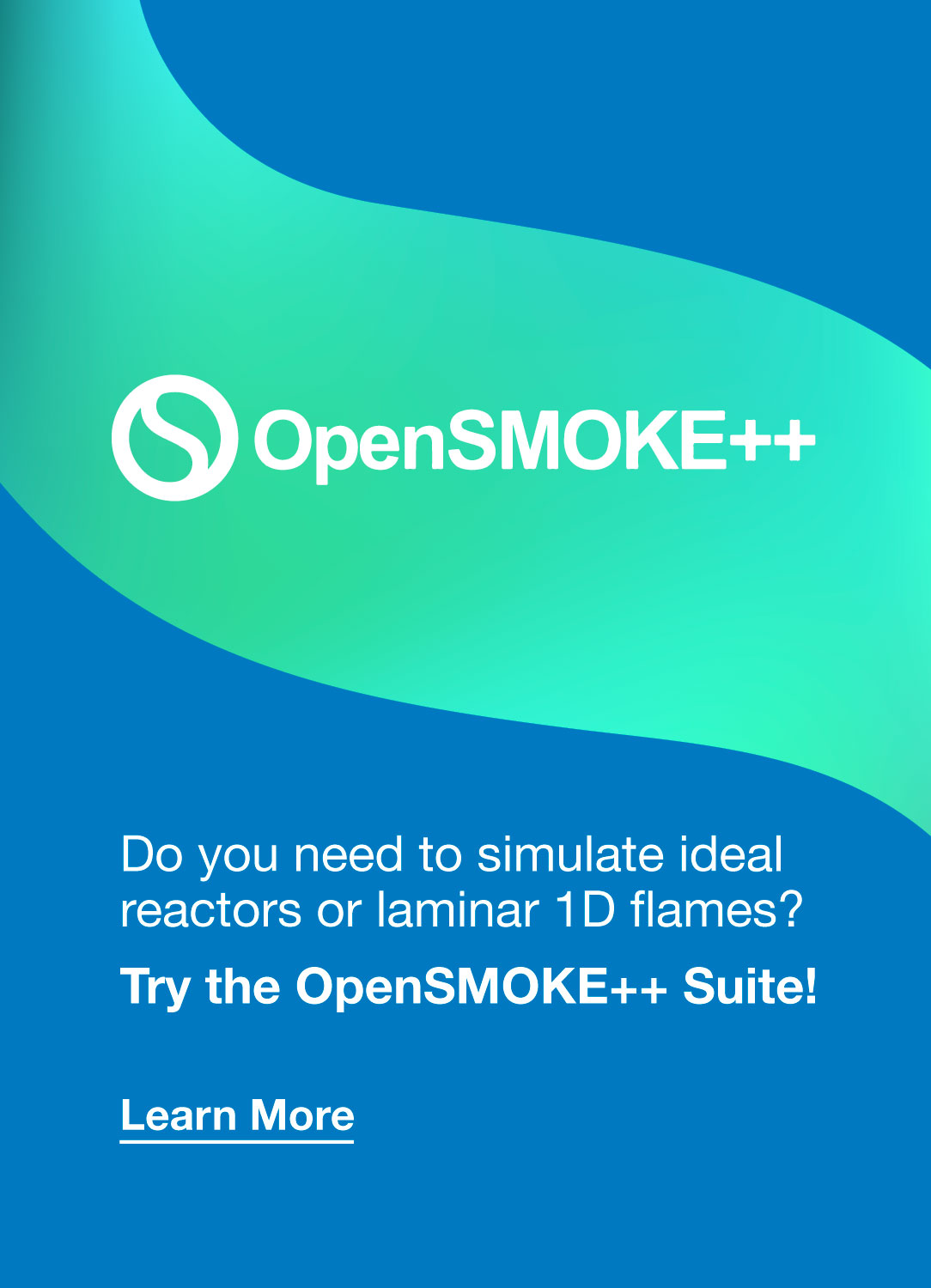Hydrogen combustion kinetics
- Homepage
- WORK WITH US
- Master Thesis
- Hydrogen combustion kinetics
Development of a state-of-the-art model for hydrogen combustion
Context and Objectives
Hydrogen is the energy vector of the future and is the object of extreme interest both for domestic and industrial applications (metallurgical and steel industry). However, its integration in the energy network presents technological barriers such as: safety of storage, efficiency of gas turbines powered by pure hydrogen or hydrogen/natural gas mixtures, and the optimization of transport engines (aviation, marine) in which hydrogen can be used as a carbon neutral additive in traditional fuels. A better understanding of the chemical kinetics of combustion aimed at the accurate prediction of combustion properties such as ignition and flame propagation rate is crucial in overcoming these barriers. This thesis aims to develop a gold standard kinetic model that reconciles advanced theories of calculating kinetic constants (transition state), experimental measurements of kinetic constants, and macroscopic measurements of combustion properties.
Methods and Tools
Experimental data collection for kinetic constants of elementary steps in a structured way, fitting and optimization of kinetic constants to be used in the model, CRECK model update, ideal reactors simulation and model validation by comparison with macroscopic experimental data (ignition times, flame rates, speciation in ideal reactors).
Contacts



